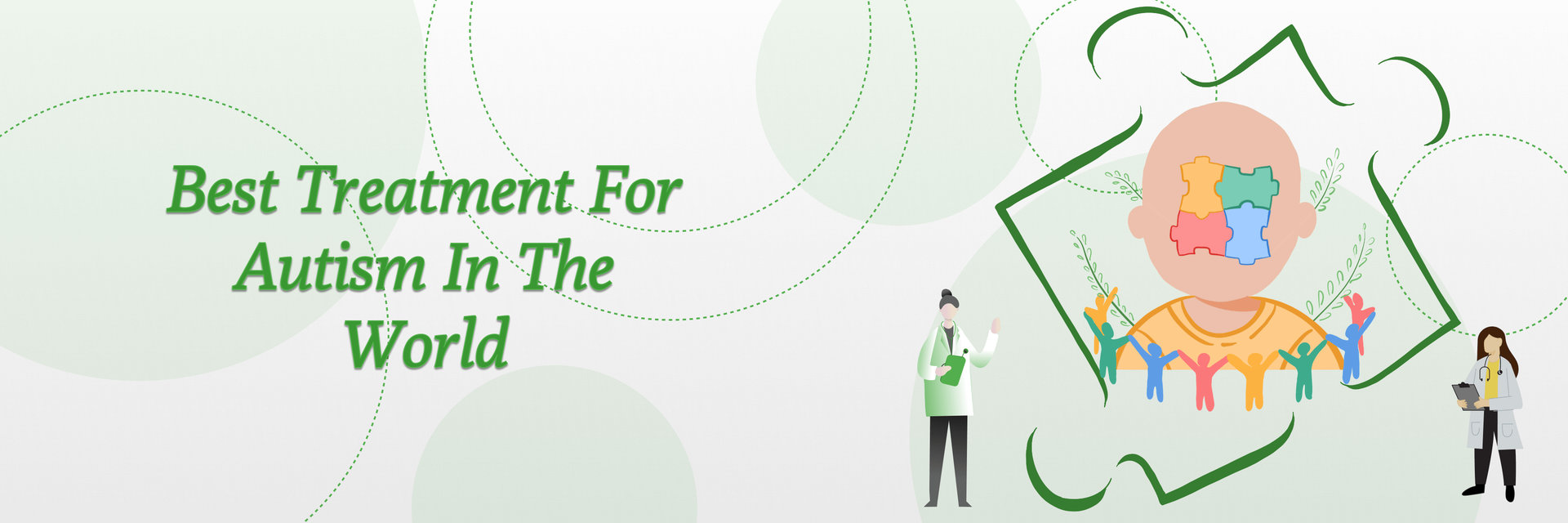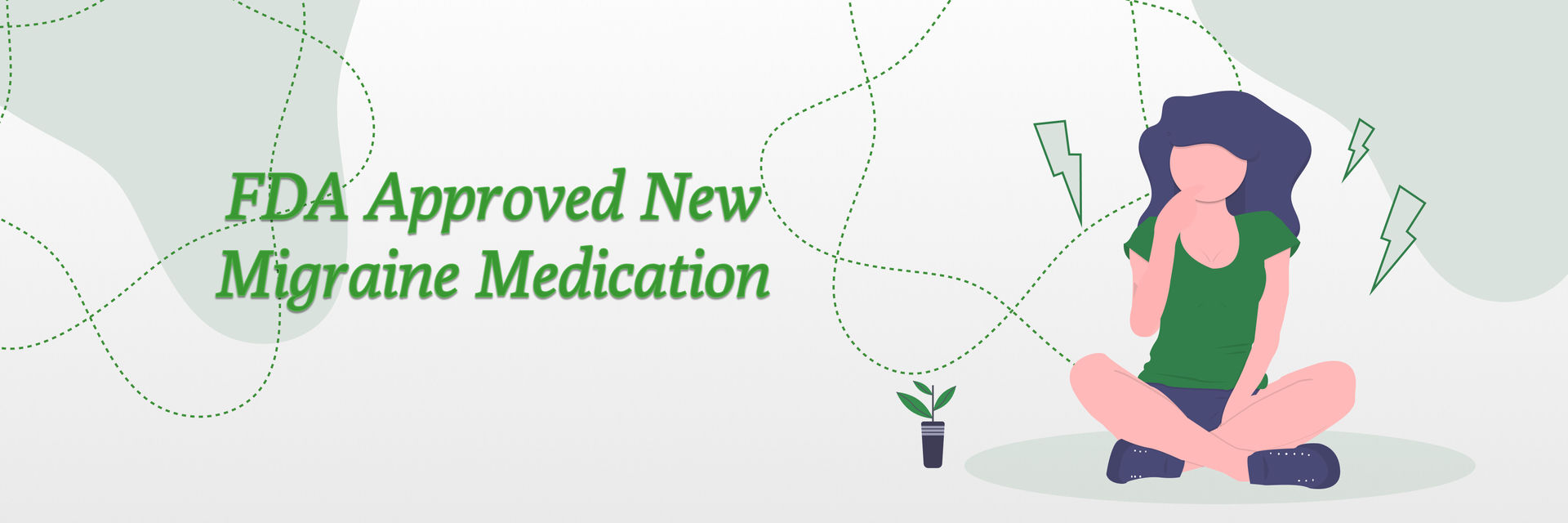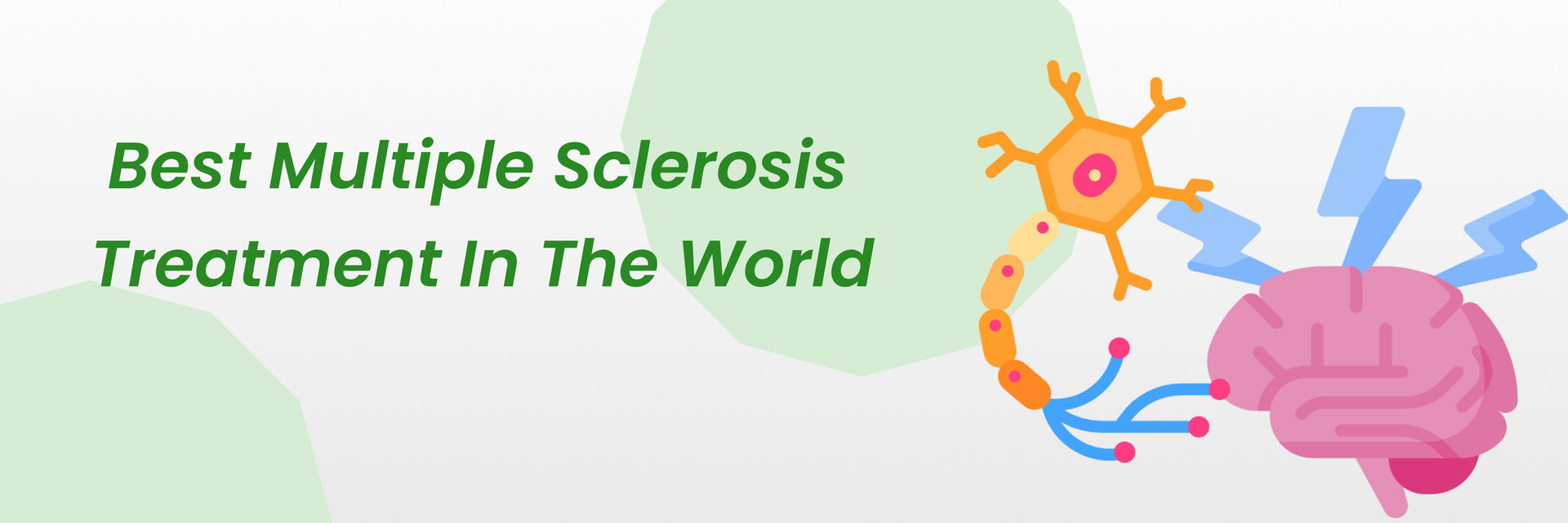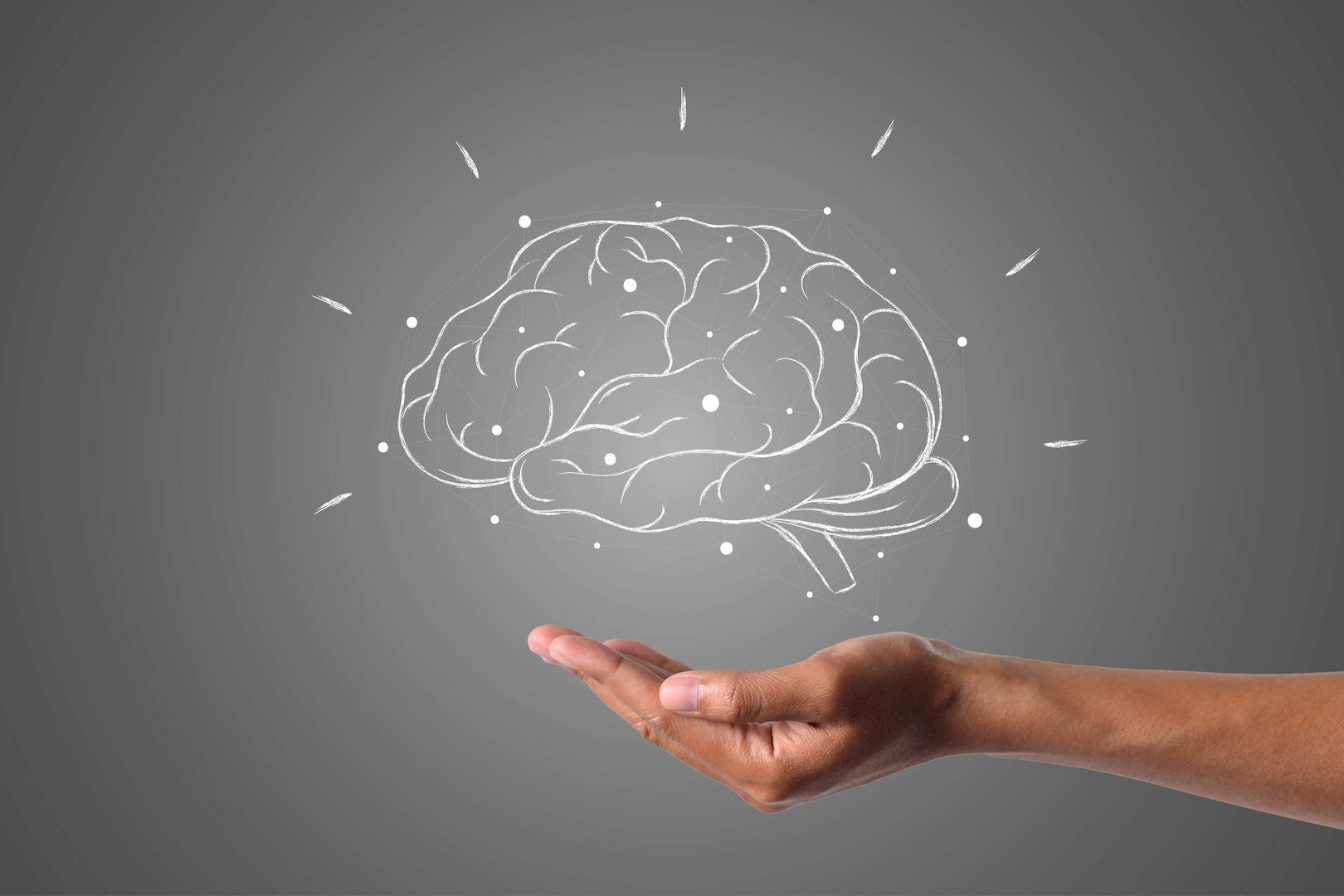Autism spectrum disorder (ASD) affects approximately 1%-2% of children worldwide. However, reported prevalence varies across studies and regions.
For example:
Recent research suggests a strong link between vitamin D deficiency and autism. This link has sparked much interest in the potential role of this vital nutrient in ASD. This article delves into the importance of vitamin D for health. It covers its special relevance to autism and the results of its deficiency. It also gives guidance on managing vitamin D levels. This management may help to lessen autism symptoms.
What is Vitamin D and Why is it Important?
Vitamin D is often called the "sunshine vitamin." It is crucial for bone health, the immune system, and the brain. It is synthesized in the skin through sunlight exposure and obtained from certain foods and supplements. Vitamin D is key to many bodily processes. It helps with more than just calcium absorption and bone health. It also modulates cell growth and immune function.
- Neurodevelopment: Vitamin D is essential for neural development. It influences nerve cell proliferation, neurotransmission, oxidative stress, and immune function, all mediated by vitamin D.
- Preventive Potential: Adequate vitamin D levels during pregnancy and early childhood are crucial for brain development. It potentially reduces the risk of neuropsychological issues.
Are you worried about vitamin D levels for your loved one with autism? Book an appointment with an experienced neurologist to get guidance on managing vitamin D for children with autism.
Autism Spectrum Disorder is a developmental disorder. Challenges with social skills, repetitive behaviours, speech, and nonverbal communication characterize it. The severity of autism symptoms varies widely, which is why it is described as a "spectrum."
Let’s dive deeper into why vitamin D deficiency is particularly common among those with autism.
Why is Vitamin D Deficiency Most Common in Autism?
Studies have found that autism is linked to a high rate of vitamin D deficiency. This could be due to genes or the environment. For example, less sun exposure or common dietary restrictions for people with autism. Some scientists propose that enough vitamin D in early development can prevent autism or ease its symptoms. Studies have shown that decreased vitamin D levels during pregnancy and reduced exposure to solar UVB might increase the risk for ASD. Research suggests that low vitamin D status in early development is hypothesized to be an environmental risk factor for ASD. Various studies have said there is growing evidence for a relationship between vitamin D and ASD.
Symptoms of Vitamin D Deficiency
- Bone pain and bone weakness: Softening of bones that can lead to deformities or fractures.
- Muscle weakness and aches: This causes general discomfort. They are felt particularly in the pelvic and thigh muscles.
- Fatigue and lethargy: Persistent tiredness that is not relieved by sleep.
- Mood changes: Increased irritability and susceptibility to depression.
- Difficulties with cognitive function: Problems with concentration and memory.
- Heightened risk of infections: Impaired immune system leading to more frequent infections.
Delayed wound healing: Slower recovery from skin injuries and wounds.
Causes of Vitamin D Deficiency for Autism
- Limited sun exposure: Reduced outdoor activities can diminish skin vitamin D production from sunlight.
- Dietary restrictions: Common dietary limitations or selectivity in autism can lead to inadequate intake of vitamin D-rich foods.
- Gastrointestinal issues: Common in autistic individuals, these can affect vitamin D absorption.
- Genetic factors: Variations in genes related to vitamin D metabolism may increase deficiency risk.
- Use of certain medications: Some treatments and medications used for autism symptoms might interfere with vitamin D absorption or metabolism.
Now, you might be wondering: How exactly can you safely manage vitamin D levels for someone with autism? We’ve got the answers coming right up.
Managing Vitamin D Levels for Autism
- Regular sun exposure: Encouraging safe, moderate exposure to sunlight to boost vitamin D levels naturally.
- Dietary adjustments: Incorporating vitamin D-rich foods such as fish, fortified cereals, and dairy products into the diet.
- Vitamin D supplementation: Using supplements under medical supervision to ensure adequate levels, especially in areas with limited sunlight.
- Monitoring blood levels: Periodically checking vitamin D levels through blood tests to tailor supplementation needs accurately.
- Consulting healthcare professionals: Working with doctors or dietitians to develop a personalized plan considering the individual’s health needs and dietary restrictions.
- Addressing absorption issues: Investigating and treating gastrointestinal problems that might impair vitamin D absorption.
Guess what else? Vitamin D isn’t just for bones. Discover its crucial roles in brain health and immune support, especially pertinent for those on the autism spectrum.
The Potential Benefits of Vitamin D Supplementation for Autism
- Improved brain function: Enhancements in cognitive functions and neural development.
- Reduced symptoms: Some studies suggest that vitamin D can decrease the severity of autistic behaviors.
- Enhanced mood and behavior: Potential improvements in mood stability and reduced irritability and hyperactivity.
- Stronger immune system: Vitamin D strengthens the immune system, which could benefit overall health.
- Better bone health: Prevent bone-related issues, such as rickets or osteoporosis, which are more common with vitamin D deficiency.
- Increased muscle function: Improvement in muscle strength and motor coordination.
Risks and Considerations for Autism
- Too much vitamin D can cause high blood calcium. This can lead to nausea, weakness, and kidney issues.
- Vitamin D may interact with some medications for autism. This interaction can affect their efficacy or cause adverse effects. Hence, it is always recommended to follow the doctor's advice.
- Vitamin D's effects vary greatly among individuals with autism. This is due to differences in metabolism, health conditions, and genetics.
- You need to follow a balanced approach. It combines diet, supplements, and safe sun exposure. This is how you can manage vitamin D levels without taking too much.
Concerned about your child’s vitamin D intake? Schedule a consultation with specialists today to personalize a vitamin D management plan that’s right for your child.
Conclusion
While there is no definitive causal link established between vitamin D deficiency and ASD, the evidence points towards a significant correlation and the potential role of vitamin D in the development and management of ASD. Ensuring adequate vitamin D levels, especially during pregnancy and early childhood, could be an important consideration for reducing the risk and severity of ASD.
FAQs
Can vitamin D cure autism?
No, vitamin D cannot cure autism. But it may help ease some symptoms of the condition.
How do I know if my child with autism is deficient in vitamin D?
A blood test is the best way to determine if your child lacks vitamin D. Talk to a healthcare professional. They will guide you.
What are the best sources of vitamin D for children with autism?
The best sources include sunlight, milk, and cereal. Sunlight is a source of vitamin D. Milk and cereal have vitamin D added. Supplements are good. But only if a doctor recommends them.
Are there any side effects of vitamin D supplementation in autistic children?
Yes, too much vitamin D can lead to toxicity. So, following a doctor's advice on the right dosages is important.
Reference Links:







